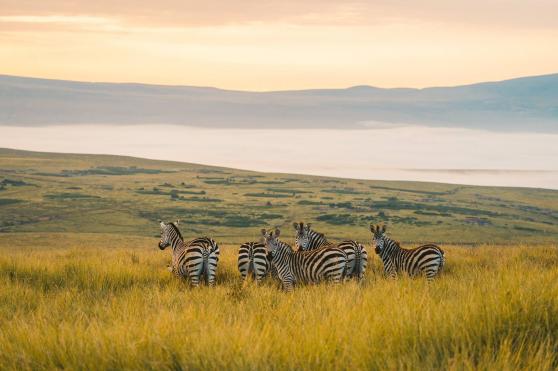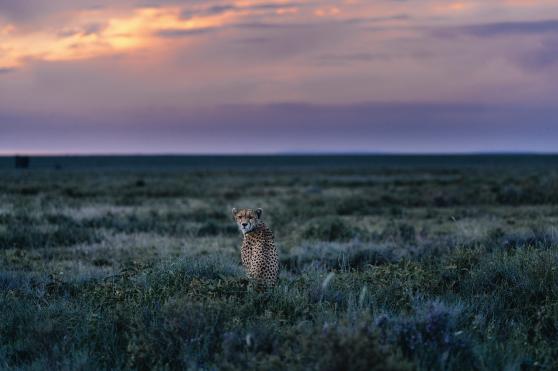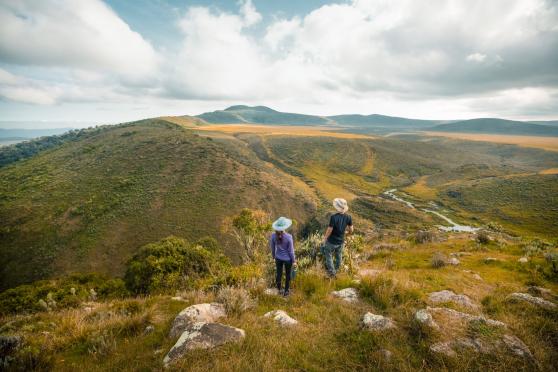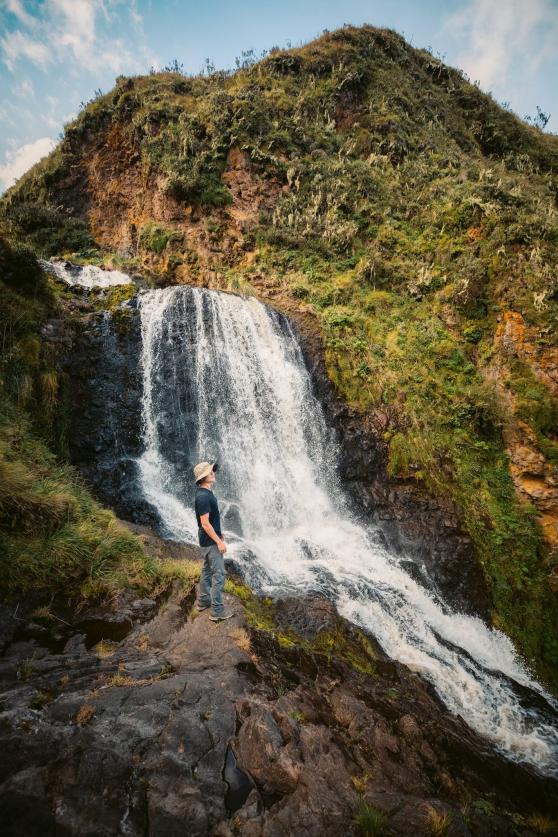What to Expect in Ngorongoro Conservation Area?
On the southern edge of the Ngorongoro Crater, Gibb’s Farm is the ideal destination to relax after exploring the Ngorongoro Conservation Area or returning from the Serengeti. The Ngorongoro Crater’s walls act as a natural enclosure for around 30,000 resident animals, including the “Big Five” and large numbers of hippos, flamingos and zebras. Aside from its wildlife richness, it’s also celebrated for its scenic beauty and has been designated as one of Africa’s Seven Natural Wonders.
Passport Requirements:
â—¦All travellers require a valid passport to travel to Tanzania, which must be valid for at least 6 months from your travel date.
â—¦In order to enter Tanzania, you will need to have at least two blank passport pages for each country that you plan on visiting to allow for entry and exit stamps.
â—¦Some passport holders will require a visa before departing for Tanzania while others will be issued a visa on arrival. Check with your local consulate about current visa requirements well before travel.
Health Vaccinations and Precautions:
â—¦Make an appointment to see your doctor well before departing for Tanzania. They’ll be able to advise you of any necessary vaccinations or health precautions, as well as organise prescription medications you may need.
â—¦If you’re travelling to Tanzania from a country that’s affected by yellow fever, you will need to show proof of having a yellow fever vaccine at least 10 days prior to arrival. This is a mandatory government requirement and you will be required to show it upon arrival in Tanzania or may be refused entry.
â—¦Some parts of Tanzania are impacted by malaria, so talk with your doctor about anti-malaria precautions and the best option for your individual health requirements.
â—¦Your doctor may also recommend a rabies vaccination in the highly unlikely case of being bitten by wildlife during your visit. While a rabies vaccine may be expensive, the disease can be fatal if left untreated.
Buy Travel Insurance:
â—¦We strongly recommended that you buy a comprehensive travel insurance policy to cover you in case of unexpected situations. Opt for a policy that covers everything from travel cancellations to loss of possessions and emergency medical costs (including evacuation).
What to Pack and Bring?
â—¦Casual, comfortable and quick-dry clothing
â—¦Neutral-coloured clothing in beige, khaki or green (dark clothing attracts mosquitoes and tsetse flies)
â—¦Long sleeve shirts to protect against the sun
â—¦Cotton shorts, safari trousers and/or lightweight pants
â—¦A sweater for chilly early mornings and evenings
â—¦A waterproof jacket
â—¦Comfortable shoes or boots with a good grip
â—¦Sunscreen, sunglasses and a broad-rimmed hat
â—¦Insect repellent
â—¦Lip balm, moisturiser and eye drops
â—¦Camera and binoculars
â—¦AC/DC converter for your electronic devices
â—¦Medication (including malaria, anti-allergies and pain killers)
â—¦First-aid kit with bandages and antiseptic cream
The Ngorongoro Climate
Ngorongoro usually experiences a moderate year-round climate, with warm-to-hot days that are interspersed with cool mornings and nights. Temperatures generally range from 15ºC and 26ºC, although it can rise above 30ºC during the warmer months.
June to October – Dry season
November and March – Short rains
March to May – Long rains
Currency:
The official currency in Tanzania is the Tanzanian Shilling (TZS), with 1 USD equal to around 2,000 TZS at the time of writing. You’ll find banks and foreign exchange counters at all of Tanzania’s international airports, as well as in most major towns and cities. U.S. dollars are generally accepted throughout the Ngorongoro Conservation Area, but it’s recommended that you carry small denominations or some Tanzanian Shillings when travelling.
Banks operate Monday to Friday (8:30 am to 12:30 pm) and Saturdays until 1:00 pm. Most of the major credit cards are accepted at camps and lodges, but will incur a surcharge of between 3 and 5% of your purchase price.

 1-321-766-6821 |
1-321-766-6821 | 





